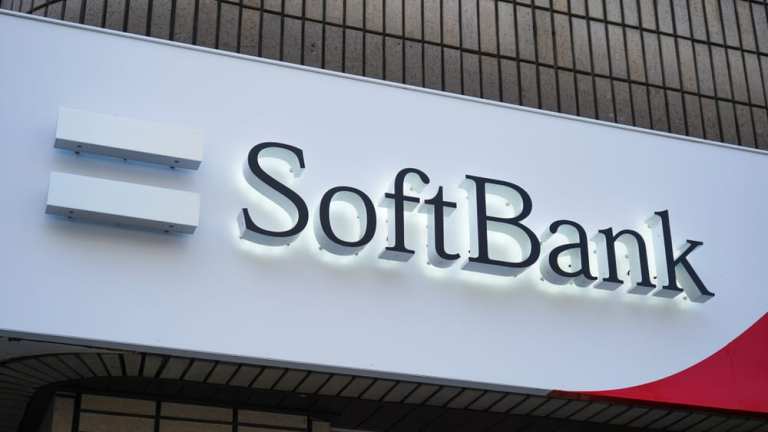GM’s Self-Driving Co. To Get $2.25B From SoftBank

U.S. self-driving company Cruise revealed that a U.S. national security panel has approved a $2.25 billion investment by Japan’s SoftBank.
Last year it was reported that the investment is coming from SoftBank’s $100 billion Vision Fund, making it one of the fund’s biggest investments in self-driving technology. Cruise, which is majority-owned by GM, said at the time that it was on track to start rolling out Cruise AVs in commercial ridesharing fleets this year, as well as launch its own ride and delivery services business. GM chief executive officer Mary Barra said the company could also look for other opportunities with some of the SoftBank funded companies that include Uber, Didi, Ola, and Grab.
But first the investment had to be approved by the Committee on Foreign Investment in the United States (CFIUS), which reviews deals for potential national security concerns. SoftBank has fallen under mounting U.S. scrutiny due to its ties to Chinese firms as the trade and technology war between the United States and China has escalated.
CFIUS was especially concerned about SoftBank’s investments with Chinese social media giant Tencent Holdings, as well as its investment in Didi, with the agency worried that the Chinese ride-hailing firm could access Cruise’s technology.
A source said that CFIUS decided to approve the investment after assurances that Cruise’s technology would be off limits to SoftBank, which will hold a seat on Cruise’s board.
“Today’s news is another important step toward achieving our goal to develop and deploy self-driving vehicles at massive scale,” Cruise CEO Dan Ammann said in a statement to Reuters.
The Cruise deal will allow $900 million of the investment to be disbursed initially, with the remainder received once Cruise AVs are ready for commercial deployment and receive regulatory approval. Once the full investment is received, it will give SoftBank an almost 20 percent stake in Cruise.